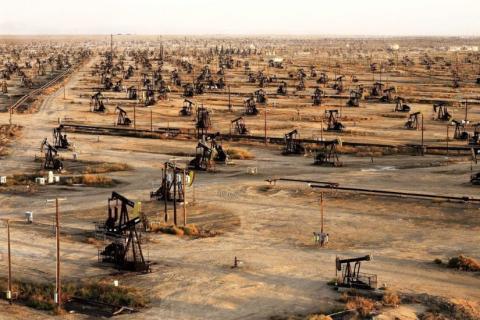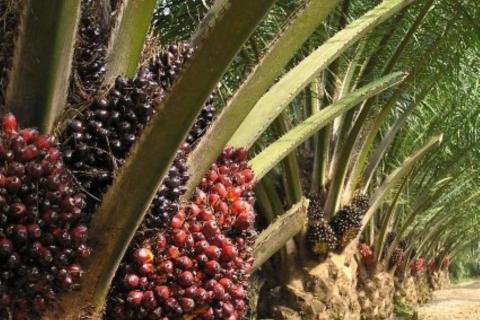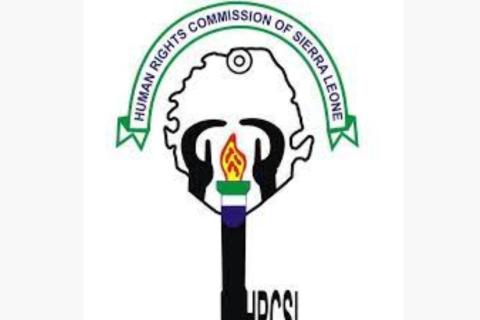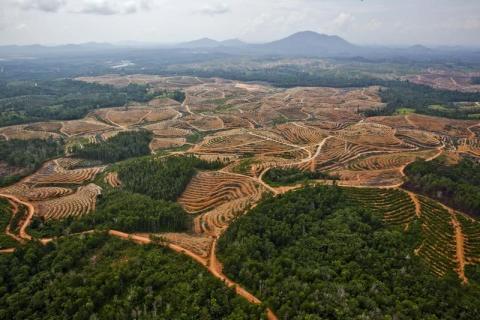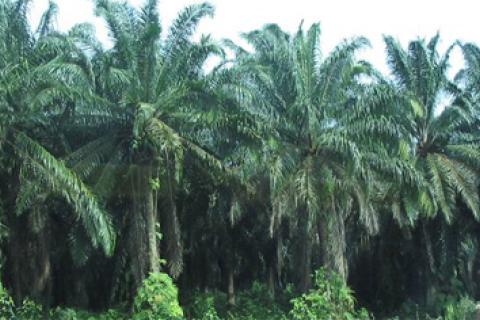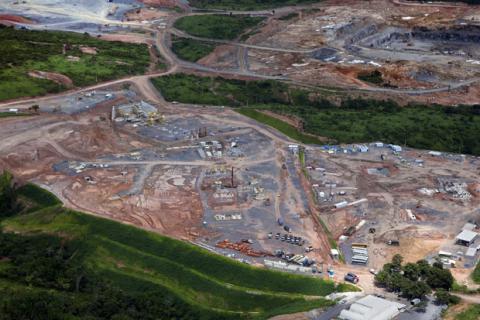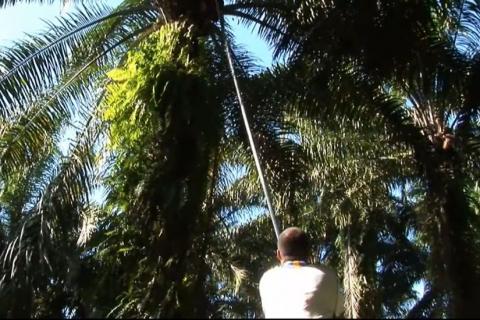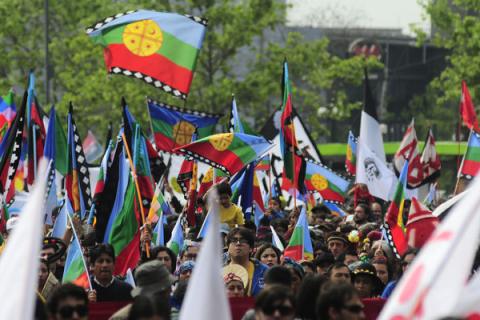The French industry ministry recently issued a gold mining permitfor an area in the middle of Guiana Amazonian Park in French Guiana.Thousands of prospectorsare digging up the French Guianese jungle and river sediments insearch of gold, polluting the region and destroying itsecosystems.
The residents of the affected rainforest village Saül are voicing their protest together with environmentalists and researchers.
Other information
Following a collaborative study conducted in the four Protected Areas: Nagarhole, Bandipur, Mudumalai and Wayanad, several social groups came together in Gudalur on December 21- 22, 2012. After discussing the state of the Protected Areas of the Nigiris Biosphere Reserve, repeated violation of the Forest Rights Act, 2006 and the Wildlife Protection Act - Amendment of 2006, the continued dispossession of the communities from their traditional habitat and community resources, The Gudalur Declaration was adopted declaring all the Tiger Reserves in the Nilgiris Biosphere Reserves as illegal.
Through its Google Group and Facebook page Aldaw will provide periodical updates of news and articles on oil palm development in the Philippines, as well as globally.The bulletin may include information and news on related topics suchas biofuels, bioenergy, industrial agriculture and forestry monocultures. There will be no specific dates for releasing the bulletin which will be circulated as soon as a sufficient amount of information is collated.
The documentary video “Bajo Aguán: Cry for the Land” presented in Spanish in Honduras on December 10 during a Human Rights Forum organized by the Committee of Relatives of the Detained and Disappeared (see Bulletin 185), has been launched in the English version. The new video denounces rights violations under the exploitative oil palm plantation model, and can be seen and downloaded athttp://wrm.org.uy/countries/Honduras/Grito_por_la_tierra.html
Fossil fuels have driven current modes of civilisation for over one and a half centuries. Coal, crude oil and gas enabled the world to shift from humans and animals as energy generators to machines that opened the highway to endless consumption. Crude oil appears cheap because the real costs are externalised. Today, with the days of easy oils ending we are seeing a push into extraction in deep waters and fragile ecosystems.
Under the slogan ´Our Future is Now´, more than 150 people – men, women, youth and elderly - from communities inside oil palm concession areas in Liberia gathered between 27 and 29 November in Bopolu City – Gbarpolu County - to discuss the expansion of export-oriented oil palm plantations in Liberia and the impacts of this expansion on their livelihoods. Two big oil palm companies are active in Liberia: the Malaysia-based company Sime Darby with a 311,187 ha concession area, conceded through a 63-years contract with the Liberian government, signed in 2009.
On 1st of December 2012, aggrieved landowners from 36 villages in Malen Chiefdom, affected by large-scale oil palm plantations of the Socfin company, sent a letter through their local association (MALOA) to the Human Rights Commission in Sierra Leone, denunciating human rights abuses such as ongoing harassment, molestation and intimidation.
Elimination of customary laws through regulations
In 1950, Indonesia’s forests spanned over 162,290,000 hectares, covering 80% of the country’s 192,257,000-hectare land area. According to the 1999 Forestry Law, the forest area owned by the state accounted for 133,876,645.68 hectares.
The community-based organization Pangalasag is a member organization of the regional alliance Kalumbay and an organization of Higaonon indigenous people in the municipality of Opol, Misamis Oriental. “Pangalasag”, which means indigenous shield, was created to become a driving force in the resurgence of Higaonon customary laws especially in decision-making and granting of consent, aside from its literal meaning to defend against aggressors.
In early December of this year, the Brazilian National Development Bank (BNDES) announced that it was granting a new loan of 22.5 billion reais, the largest in its history, to the Belo Monte hydroelectric dam project.
The documentary video “Bajo Aguán: Grito por la Tierra” (Bajo Aguán: Cry for the Land) (1) was presented in Honduras on December 10 during a Human Rights Forum organized by the Committee of Relatives of the Detained and Disappeared in Honduras.
Chile is currently debating amendments to Decree Law 701, which was passed during the first years of the military dictatorship and has been used for decades to promote the expansion of large-scale monoculture tree plantations. This expansion is driven by hefty government subsidies, and has been achieved at the expense of the violation of the rights of Mapuche indigenous communities, who have been violently evicted from their lands and left marginalized in their own ancestral territory.

